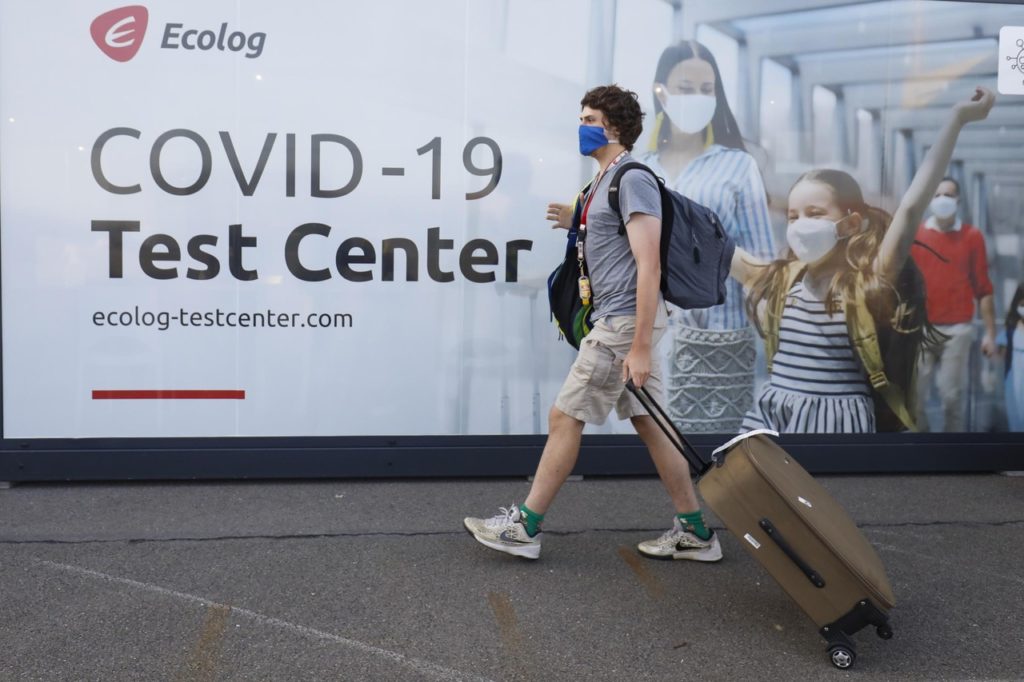Many Flemish municipalities are only sporadically checking quarantine compliance by infected residents or returned travellers, despite this being the final step of Belgium’s corona enforcement plan.
Even after the approval of a decree which allowed local authorities to check on citizens with quarantine requirements, the information provided to Flemish communes has made it impossible to carry out checks, according to Het Nieuwsblad.
The purpose of this decree was never to ‘start a witch hunt’, Nathalie Debast of the Flemish Association of Cities and Municipalities (VVSG) told the Flemish newspaper.
"Checks are now being done on a random basis or when they get signals from other citizens," she added. But the information that authorities are receiving is too fragmented and incomplete to work with, the VVSG hears.
Related News
- Denmark and Sweden require negative Covid-19 test from arrivals
- Covid-19 cluster found at Brussels' 101 police centre
Ineffective system
At the start of January, the Flemish government approved a long-awaited decree allowing mayors to enforce quarantine rules by checking whether people are complying with the quarantine obligation.
The implementation of this order saw municipalities receive the names of people who must go into isolation from the government and allowed police forces to investigate people’s homes or on the street to see if the quarantine rules are being followed.
"They get a list of names of people who are in quarantine, but the cause of that quarantine is not included in these reports. So you don't know if it's someone who is effectively infected, a high-risk contact, or someone returning from a red zone,” Debast told Het Nieuwsblad.
"Checking or visiting everyone on this often long list is simply impossible for local governments, especially for larger municipalities,” she said, emphasising that municipal staff and local police are already overloaded with work during this corona crisis.
This makes completing risk analyses particularly difficult, she continued.
The association urged the government to provide municipalities with more detailed quarantine lists, "so that we at least know which people on this list have actually tested positive,” Debast explained, which would help to make checks more targeted.
Many mayors agree the system in place now is impractical.
"In practice, we have largely put aside the quarantine lists we receive from the Flemish Agency for Care and Health, because they are completely unworkable. We simply do not have the manpower today to get to work with these confusing lists,” said Bart Tommelein, mayor of the coastal city of Ostend (Open VLD).
Furthermore, the current regulations and the privacy rules today do not allow for more detailed data to be transmitted to the municipalities, according to the cabinet of Flemish Welfare Minister Wouter Beke (CD&V).
Lauren Walker
The Brussels Times

